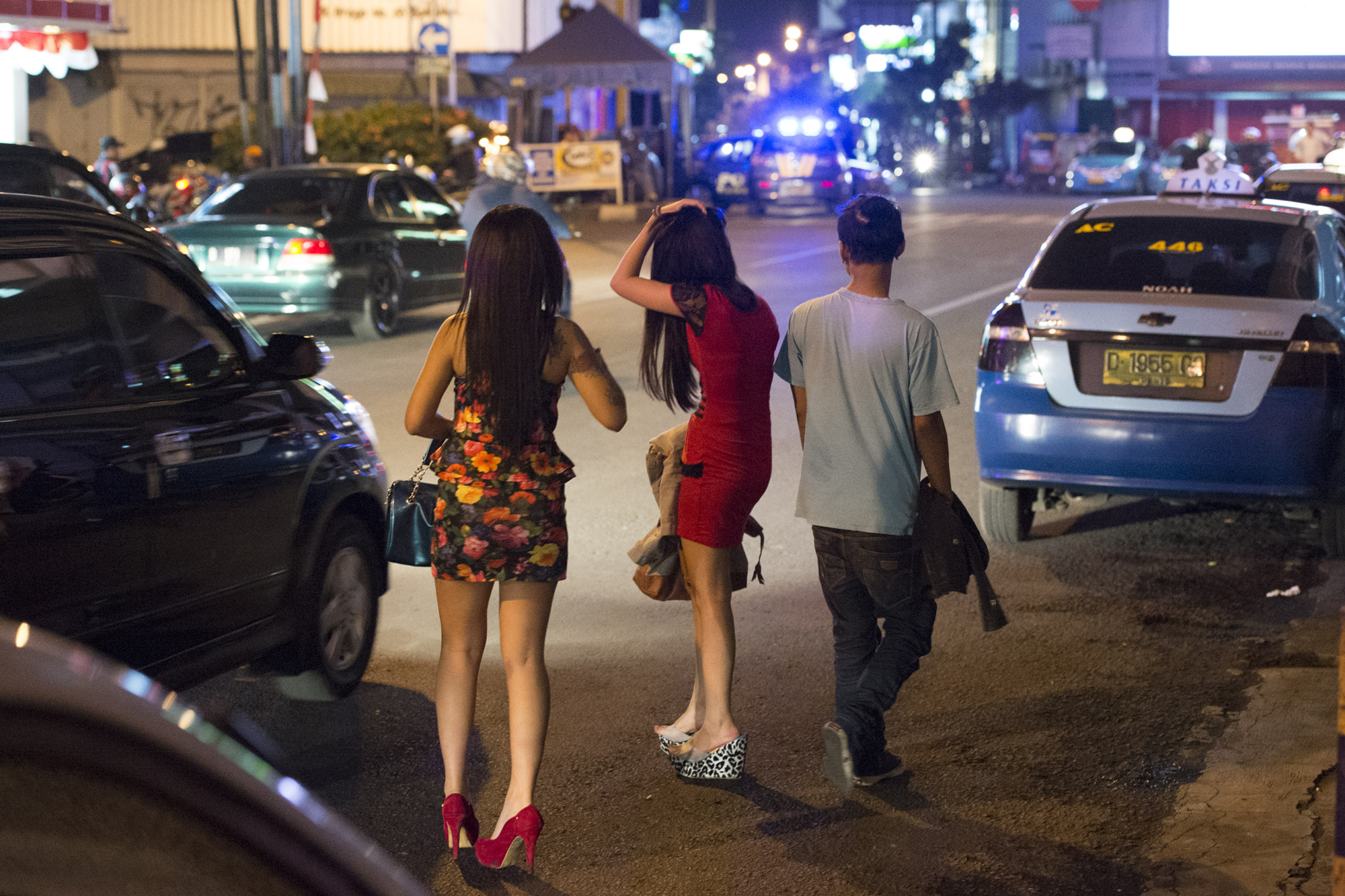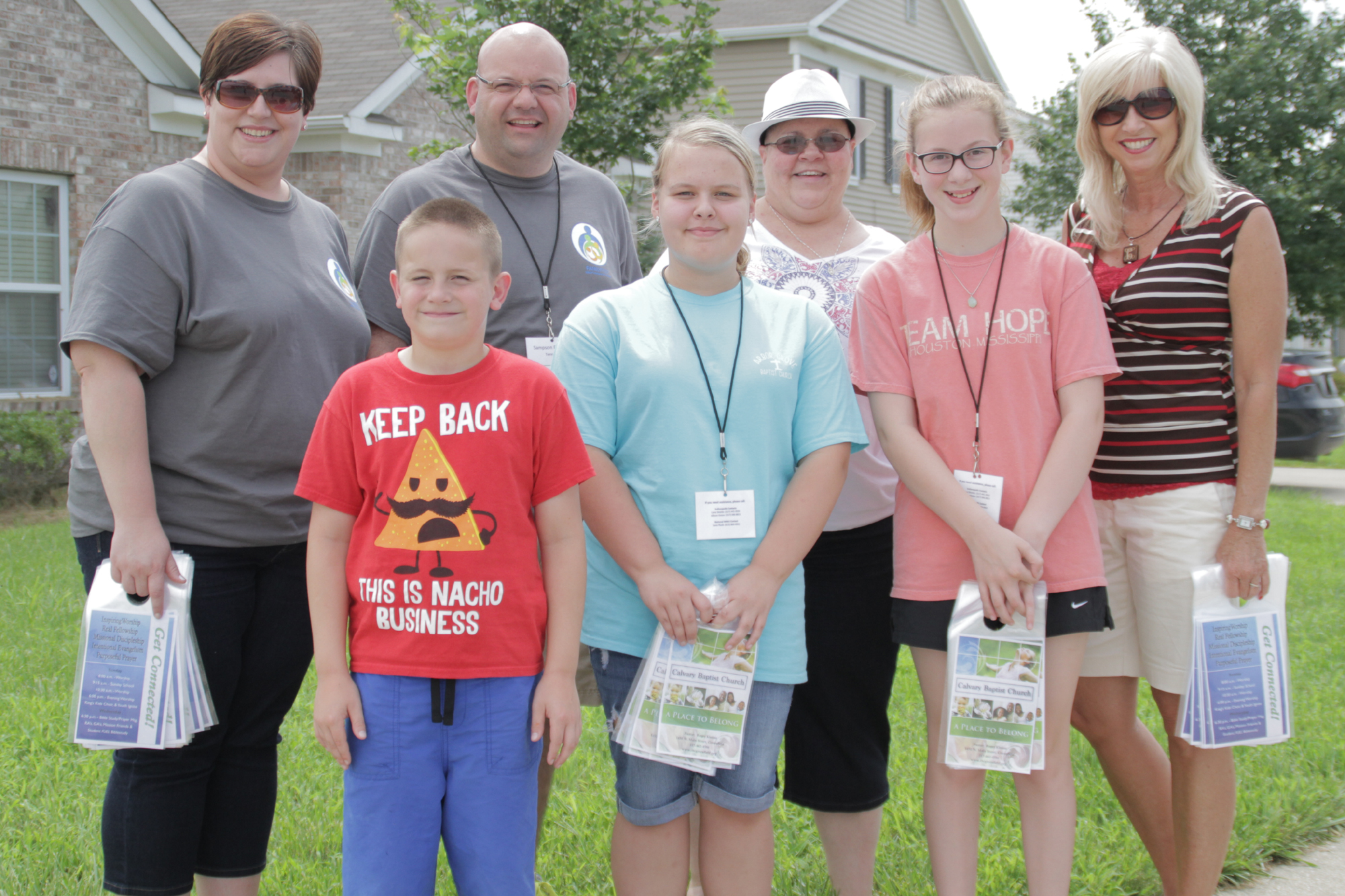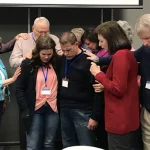
[SLIDESHOW=41981]EDITOR’S NOTE: Indonesia is the country of focus for the current International Mission Study by Woman’s Missionary Union. IMB workers featured in this study are supported through the Cooperative Program and Lottie Moon Christmas Offering. Find IMS study resources at imb.org/ims and wmu.com/IMS.
INDONESIA (BP) — International Mission Board worker Rosemary Brackey* and her daughter Patricia* had a dream: to offer a safe place for women to escape lives of prostitution; receive job training, medical care and psychological counseling; and even bring a child there if they have one.
An Indonesian Christian had told Rosemary that if prostitutes with a child want to change their lives, they usually have to put their child in an orphanage.
“The women can’t stand to be separated from their kids, so they never make it,” Rosemary said. Too often, they end up pulling their children from the orphanage and moving back to their former neighborhood and lifestyle. Allowing their children to join them in a shelter while they rebuild their lives may be a key to real change.
When the idea for a women’s shelter in Indonesia was born in May 2014, Rosemary had never even talked to a prostitute. But she had learned of some funds that could be used to establish a shelter and did know how to write a grant proposal, which she worked on late into one night. Then, she and Patricia, 17 at the time, laid out a plan of how to capture their dream.
“We sat down with a stack of paper and some colored pens and made the big master plan. We put everything that we’d been talking about down on paper, with action steps and lists and people to call, etc.,” Rosemary said. “Patricia is a list-maker, so that definitely spoke to her strange love language of organization. It was great to hear her ideas for the women: journals to track their progress, art projects to express their creativity. She had some good insight into how to help them recover — not just surface-level things but deeper heart issues as well.”
By autumn 2014 — through funds provided from the approved grant — a house had been rented and a “dorm mom,” a former prostitute who came to know the Lord and walked away from that life, had been installed. The mental health piece of the plan was addressed when a university agreed to provide mental health training for the staff and a mental health curriculum for the women and children.
Then in December 2014, Rosemary and Patricia spent a day shopping to pull together New Year’s presents for women on the street. They visited cosmetics shops and, with money provided by a donor, purchased combs, mirrors, hairpins, nail polish and lip gloss. They assembled gift bags and tucked in the most important item: a brochure with an invitation for the women to step away from their street-walking lifestyle and come to the women’s shelter.
Making contact
A few days before New Year’s Eve, Rosemary and an Indonesian friend, Hani,* set out at 10 p.m. with their bundle of gifts for an area of town where they knew they would find women on the street. It was Rosemary’s first time to actually approach a prostitute. The gift bags instantly created interest among the women they met, as did the “white lady,” with whom many wanted to have their picture taken. They met numerous prostitutes, learned a little about them, shared the idea of the shelter and gave out all the gift bags. When it was time to leave, they told the women they’d be back.
“We’d started back to the car and, after a bit, heard a voice that said, ‘I’ll walk you to your car. You know, so you’re safe,'” Rosemary said. “We’d met Nora* about 30 minutes earlier.”
Nora told Rosemary and Hani, “I don’t like this life, you know. I’m only 17. My birthday is January 3. This isn’t what I wanted for my life.”
“She went on to tell us how her parents couldn’t get work, so her father forced her into prostitution,” Rosemary said. “Hani reminded her, ‘You don’t want to live like this. This is no way to be happy.’ Nora nodded and ducked her head in shame. ‘We can help you. We’ll teach you new skills, and it’s all free. We’ll help you become who God created you to be.'”
*Name changed.



















